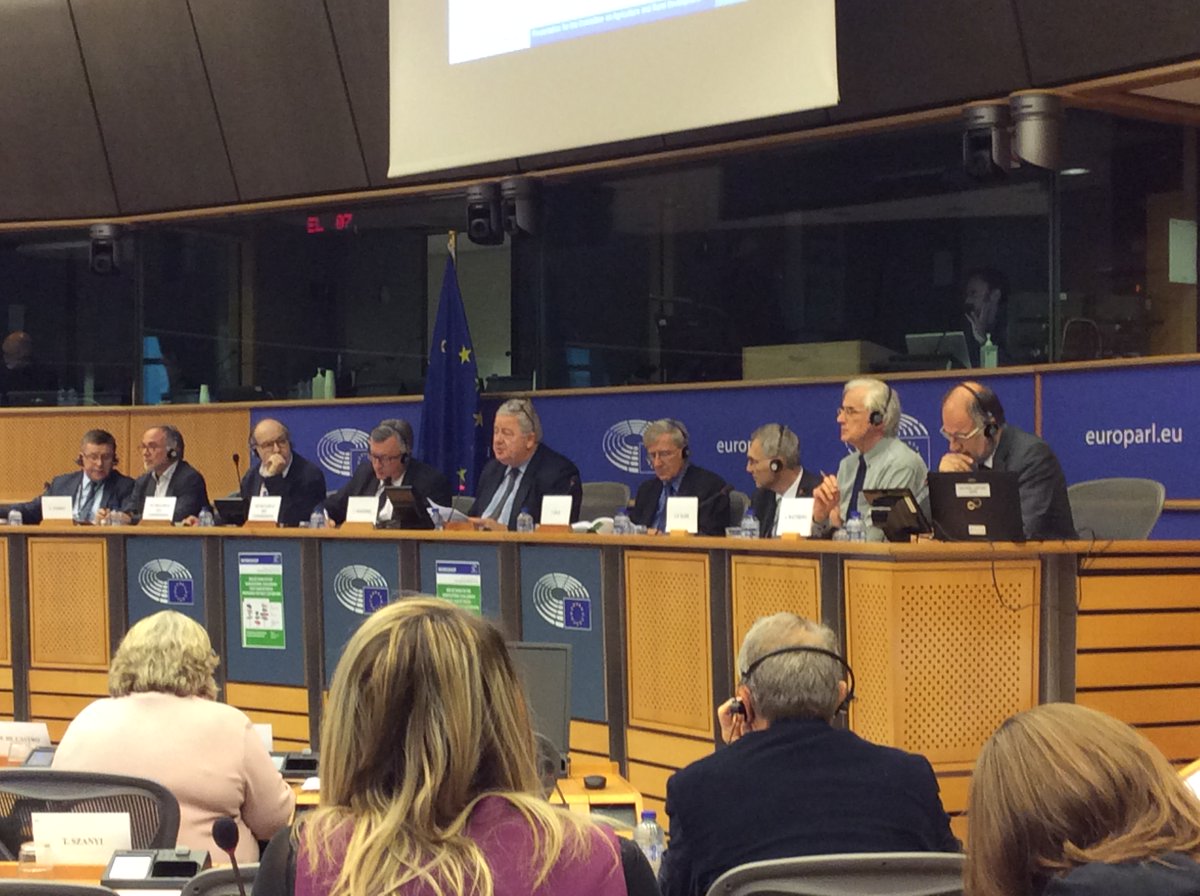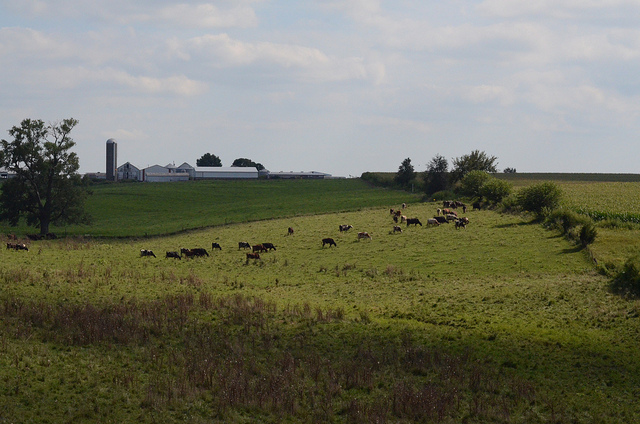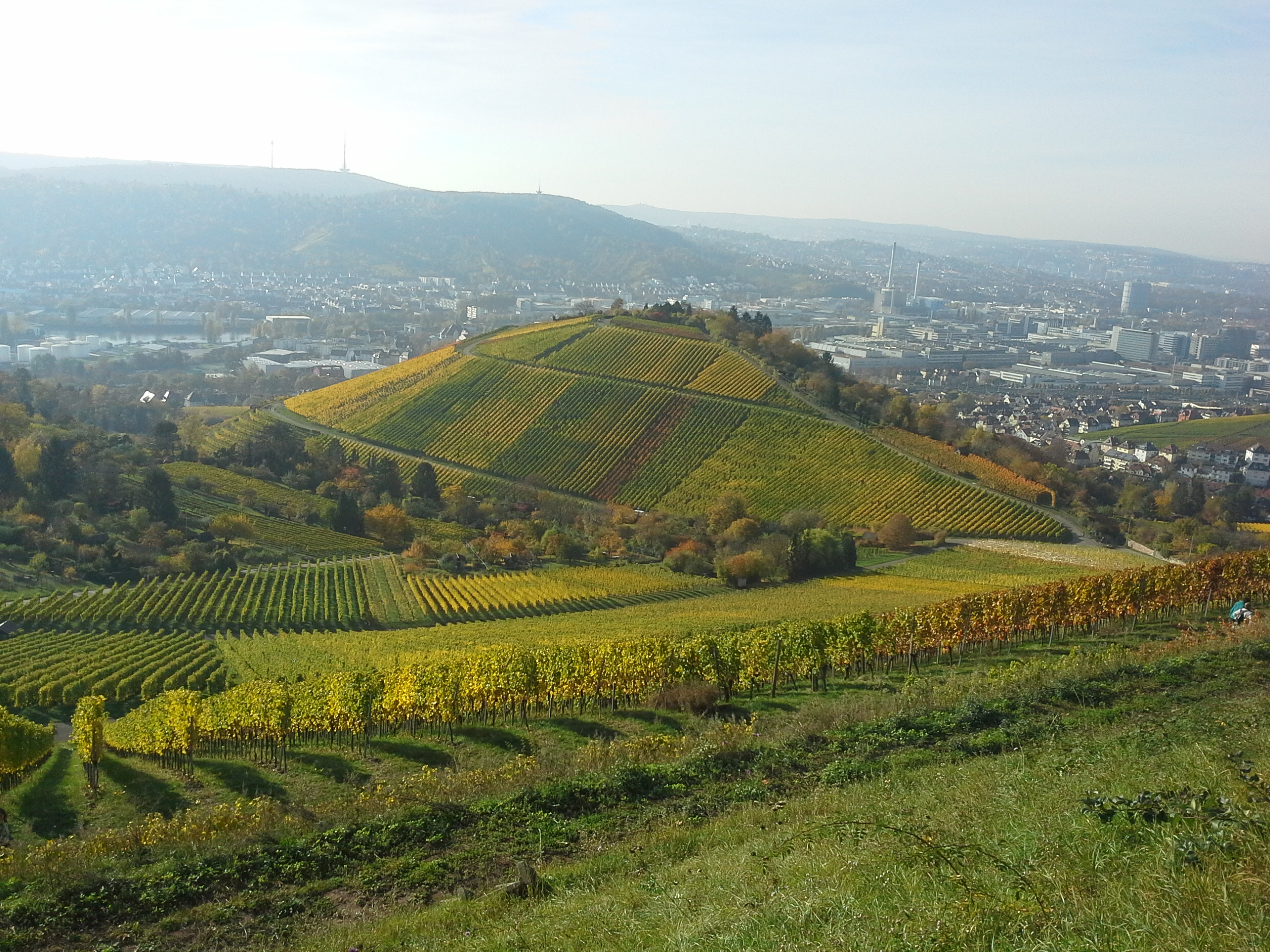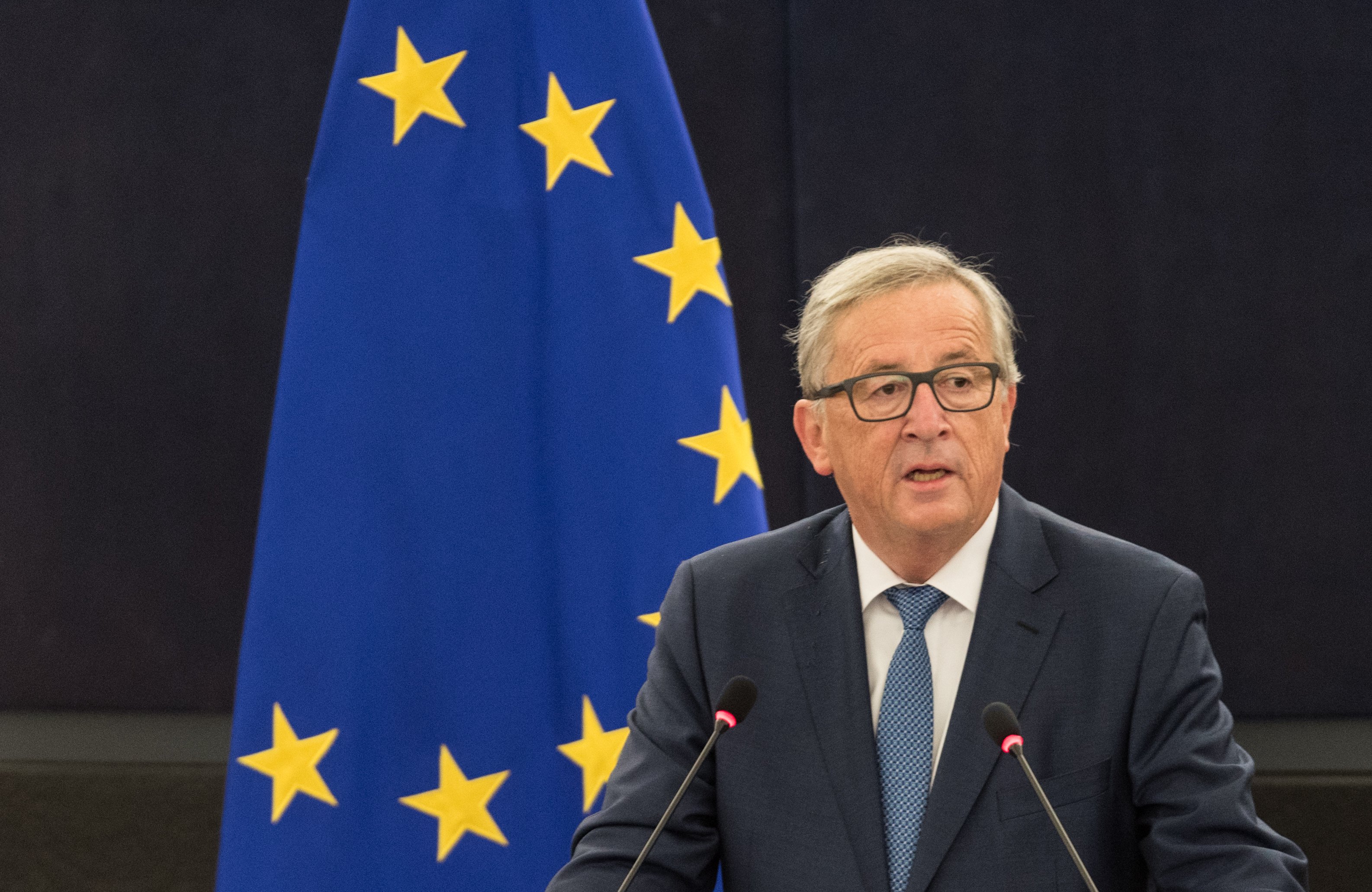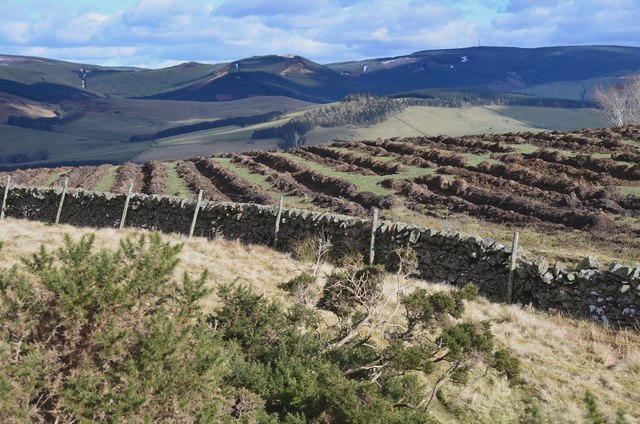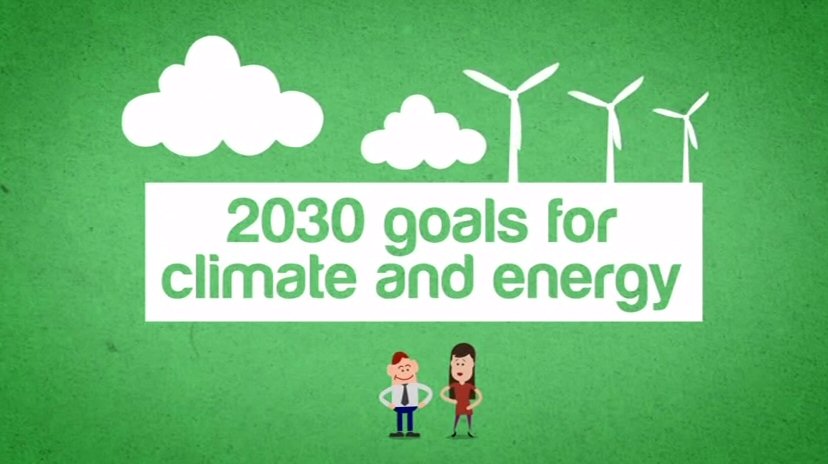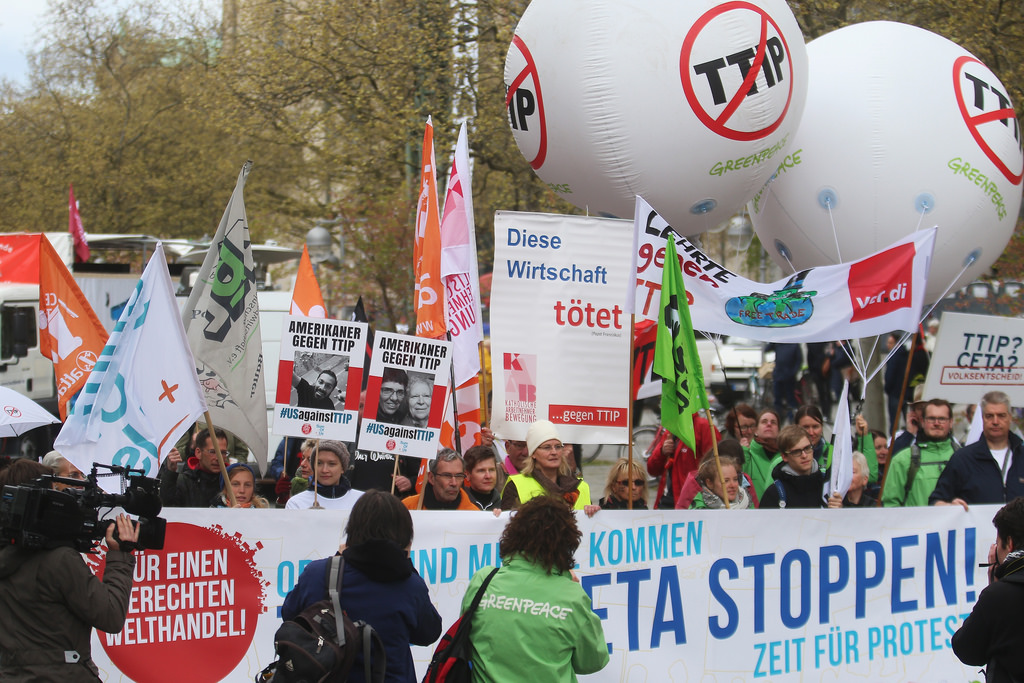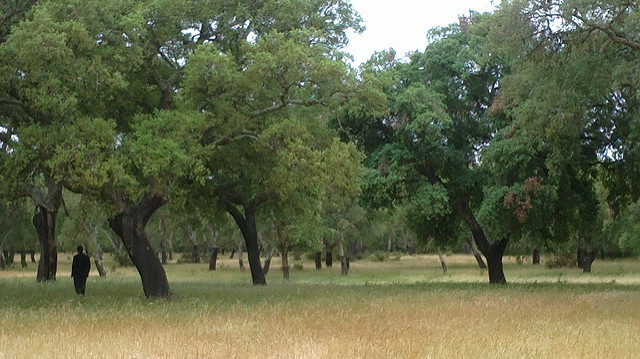Yesterday, I had the privilege of presenting my report on the future of direct payments to a workshop on the future of the CAP after 2020 organised by the AGRI Committee in the European Parliament and its Policy Department (AGRI Research). I reproduce below my statement to the workshop which attempted to convey the flavour of my report.
… Read the restIt is an honour to be invited to address you today on the background note that I have prepared on the future of direct payments. Direct payments accounted for around 72% of the CAP budget and for just less than 30% of the EU budget in recent years.

